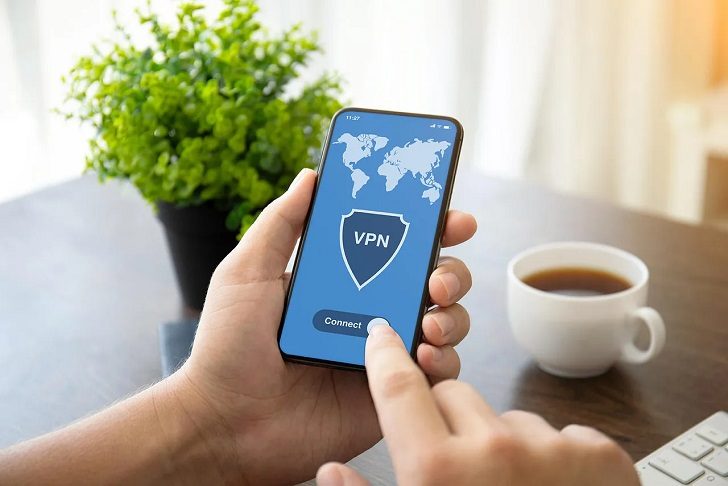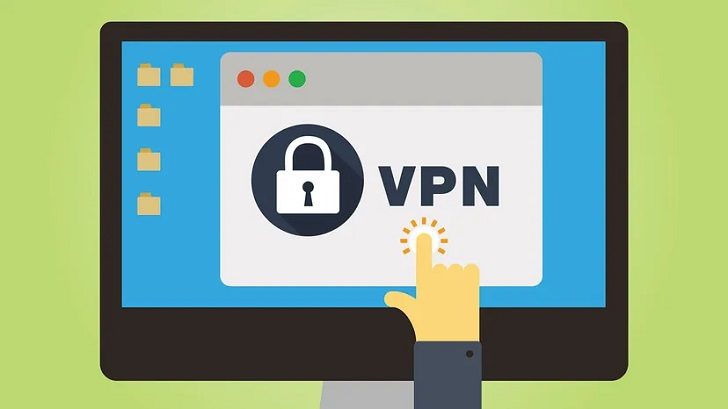In today’s digital age, cybersecurity and privacy have become crucial concerns for individuals and businesses. As internet and cloud services continue to grow, the need for secure and private online connections has increased exponentially. One solution that has been gaining popularity in recent years is the Virtual Private Network (VPN).
A VPN is a secure and private connection between your device and the internet. It encrypts your online activity and reroutes it through a remote server operated by the VPN provider. This provides an extra layer of security and privacy, making it difficult for anyone to track your online activity, including your internet service provider (ISP) or government surveillance agencies.

David Gewirtz/ Shutterstock | In 2017, around a quarter of people with access to the internet worldwide had used a VPN
As the use of VPNs continues to grow, it’s worth considering their future. Below we have listed the key trends and developments in the VPN market and what we can expect in the coming years.
The Increasing Demand for VPNs
The demand for VPNs has increased significantly in recent years. With more and more people working from home due to the COVID-19 pandemic, the need for secure and private connections has become more important than ever before. VPNs are being used by individuals and businesses and organizations of all sizes to protect their data and online activities.
The Rise of Cloud-Based VPNs
The rise of cloud-based VPNs is another trend to watch in the future of VPNs. Unlike traditional VPNs, which rely on physical hardware, cloud-based VPNs are hosted on remote servers, making them more scalable and cost-effective. Cloud-based VPNs are also easier to set up and manage, making them an attractive option for businesses and organizations.
The Importance of User-Friendly Interfaces
As VPNs become more popular, there is a growing need for user-friendly interfaces. Many VPN providers have already started offering user-friendly apps that can be installed on smartphones, tablets, and laptops. These apps are designed to be easy to use, even for those who are not tech-savvy.

Lukas Ramonas/ Nord | A VPN looks like a firewall – but it can’t be traced
The Growing Concern Over Data Privacy
Data privacy is a growing concern for individuals and businesses alike. With the rise of big data and the Internet of Things (IoT), more and more data about people’s online activities is being collected. VPNs offer an extra layer of protection against data breaches and cyberattacks, making them an essential tool for anyone concerned about data privacy.
The Role of VPNs in Online Censorship
VPNs are also increasingly important in the fight against online censorship. In many countries, internet censorship is becoming more common, with governments blocking access to certain websites and online services. VPNs can bypass these restrictions, allowing people to access the internet freely and securely.

CHOKKICX/ GETTY IMAGES | The country with the highest VPN usage is Indonesia
The Impact of Emerging Technologies on VPNs
Emerging technologies such as 5G networks and blockchain are expected to impact the future of VPNs significantly. 5G networks will offer faster and more reliable internet connections, making it easier for people to use VPNs. Conversely, blockchain could create decentralized VPNs, providing even more security and privacy.












